Twitter lit up, as it is wont to do, Friday morning after President Trump lashed out at the Federal Reserve and its Trump-appointed Chairman Jay Powell, calling them both out for not acting to help lower interest rates, while at the same time China announced what some believe are retaliatory new tariffs on $75 billion of U.S. imports.
But reports that Trump’s tweets were a reaction to the new tariffs — making everyone who hates tariffs (or just Trump himself) pat themselves on the back — are likely very wrong. He wasn’t expressing frustration with how things are going with the China trade war, at least not initially. He was speaking to Powell directly. And it’s hard to blame him.
In fact, his tweets are more interesting and revealing in light of something else that happened Friday: the Dow fell nearly 600 points, and that’s mostly meaningful as a political talking point alone.
But let me back up and explain…
Trump’s first tweets were these:
….My only question is, who is our bigger enemy, Jay Powell or Chairman Xi?
— Donald J. Trump (@realDonaldTrump) August 23, 2019
But what went unreported by most outlets was that Trump’s tweets were a response to a speech Powell gave early Friday, where he “semi-publicly lamented that monetary policy is ineffective in steering the direction or outcome of a trade war — basically saying that the [central bank] could cut rates if the problem was unemployment or scarcity in lending, but that as long as Trump continues his tariff and trade folly, there’s nothing in the Fed’s power to stave off catastrophe that might arise from it.”
And that’s where Trump’s tweets were coming from. We can argue over who’s right, but it was undoubtedly a political move on the part of the Fed chair — who clearly is not a fan of tariffs — and it worked.
The Dow fell, blamed largely on Trump introducing uncertainty into the market with his tweets, coupled with the back and forth of the trade war, and viola: the economy suffers and maybe Trump becomes a weaker candidate in 2020. And no one is happier about that than the Chinese.
But it’s when Trump ordered American businesses to seek alternatives to China as trading partners that the real fun began.
“We don’t need China and, frankly, would be far better off without them,” Mr. Trump tweeted mid-morning Friday after Beijing said it would place added tariffs of 5% and 10% on $75 billion of U.S. imports, phased in from Sept. 1. “Our great American companies are hereby ordered to immediately start looking for an alternative to China, including bringing your companies HOME.”
That sounds like someone willing to walk away (which should make nil all the concerns about what a trade war does to future trade relations) from China because he knows they’re in the weaker negotiating position. And what’s really chapping him is that he’s not getting any help highlighting their weakness, even from his own appointees.
So when you see a tweet like this one:
The Dow is down 573 points perhaps on the news that Representative Seth Moulton, whoever that may be, has dropped out of the 2020 Presidential Race!
— Donald J. Trump (@realDonaldTrump) August 23, 2019
take some comfort in the knowledge that even if you think Trump is lost on the trade game, he’s got the politics game figured out pretty well.
…unfair Trading Relationship. China should not have put new Tariffs on 75 BILLION DOLLARS of United States product (politically motivated!). Starting on October 1st, the 250 BILLION DOLLARS of goods and products from China, currently being taxed at 25%, will be taxed at 30%…
— Donald J. Trump (@realDonaldTrump) August 23, 2019



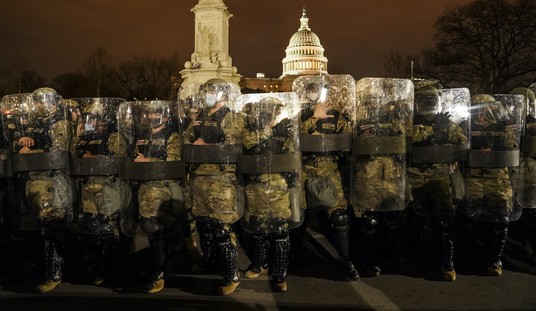
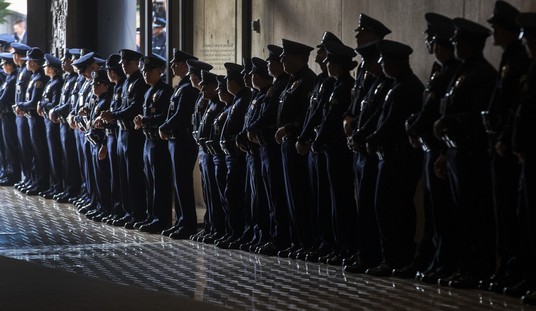
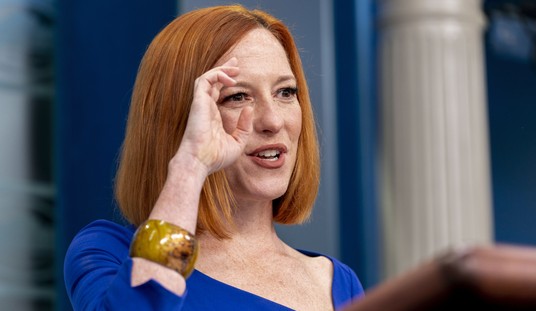

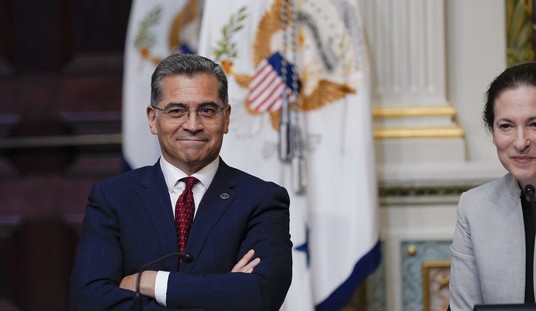
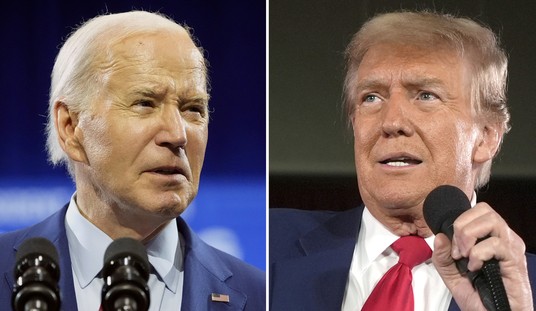
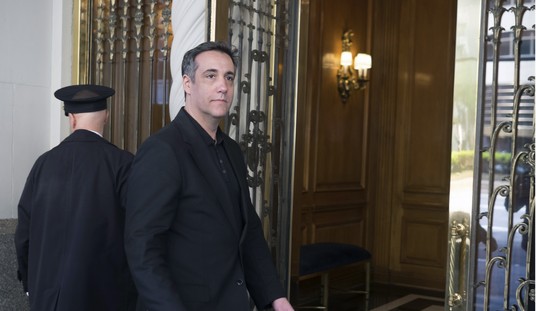


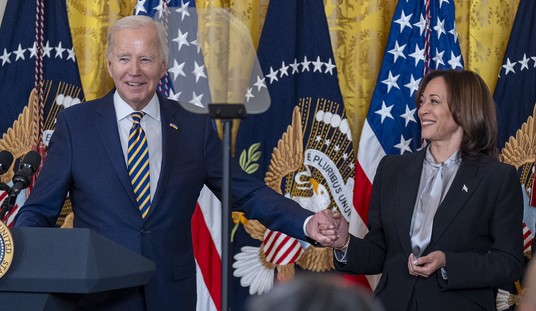
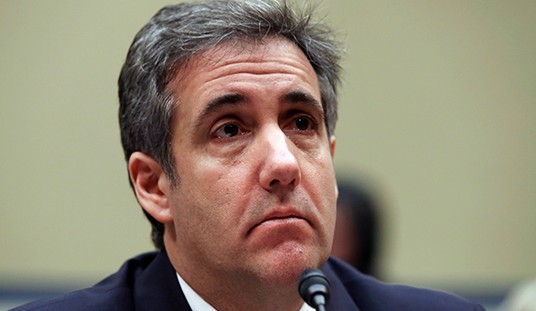
Join the conversation as a VIP Member